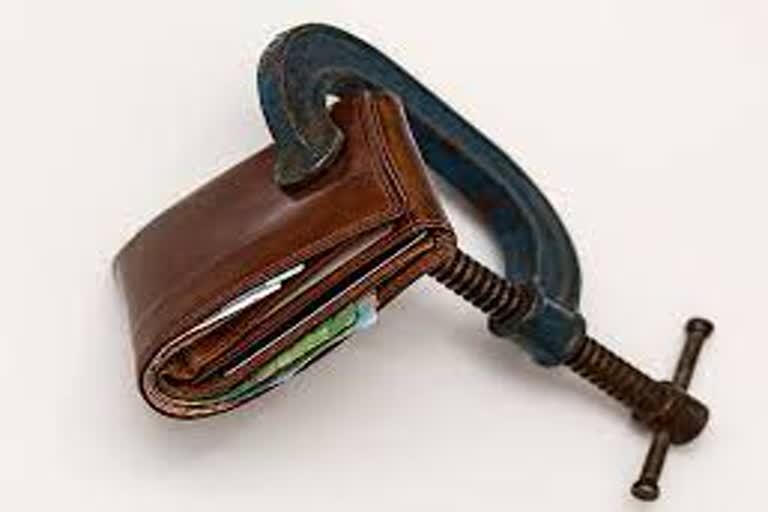The Covid-19-induced restrictions on economic activities have adversely affected businesses across the country. Nationwide lockdowns during the first wave of the pandemic last year and regional-level lockdowns during the second wave this year have resulted in loss of jobs and incomes to crores of people.
As experts have already warned about an impending third of Covid-19 infections in the coming months, it has become necessary to create an emergency fund to tide over the financial crisis. Against this backdrop, ETV Bharat presents the ABCs of Emergency Fund.
What is an emergency fund?
As the name suggests, an emergency fund refers to the fund you build to deal with unexpected situations such as job loss or medical emergencies. In other words, an emergency fund is created anticipating the financial crunch that you may face during any unexpected event of your life.
How much of emergency fund one needs?
An emergency fund should ideally be good enough to meet your three to six months of expenses as per your income. However, looking at the financial challenges, the Covid-19 pandemic has thrown, the bigger your emergency fund, the better it is. Do remember that making an emergency fund is not a one-time exercise and it should be periodically topped-up or replenished every time it is used. You should review your emergency fund once every year and revise it as per changes in your income and lifestyle.
How to build an emergency fund?
An emergency fund cannot be built overnight. It requires discipline and commitment. While there are many ways to build an emergency fund, you should go for a risk-free option that provides easy liquidity and is accessible. You should set aside a fixed amount every month in your fund till you reach the optimum level of savings you need.
Where to invest?
Fixed deposits, savings bank accounts are amongst the popular ways to build an emergency reserve. Besides, investing in a liquid mutual fund is another way to build a strong emergency corpus. Liquid funds are the safest debt mutual fund schemes that invest your funds in safe instruments such as government bonds. Liquid funds also provide easy liquidity as there is no entry or exit loads. While choosing your options, compare them based upon your horizon, real rate of return and taxation.



